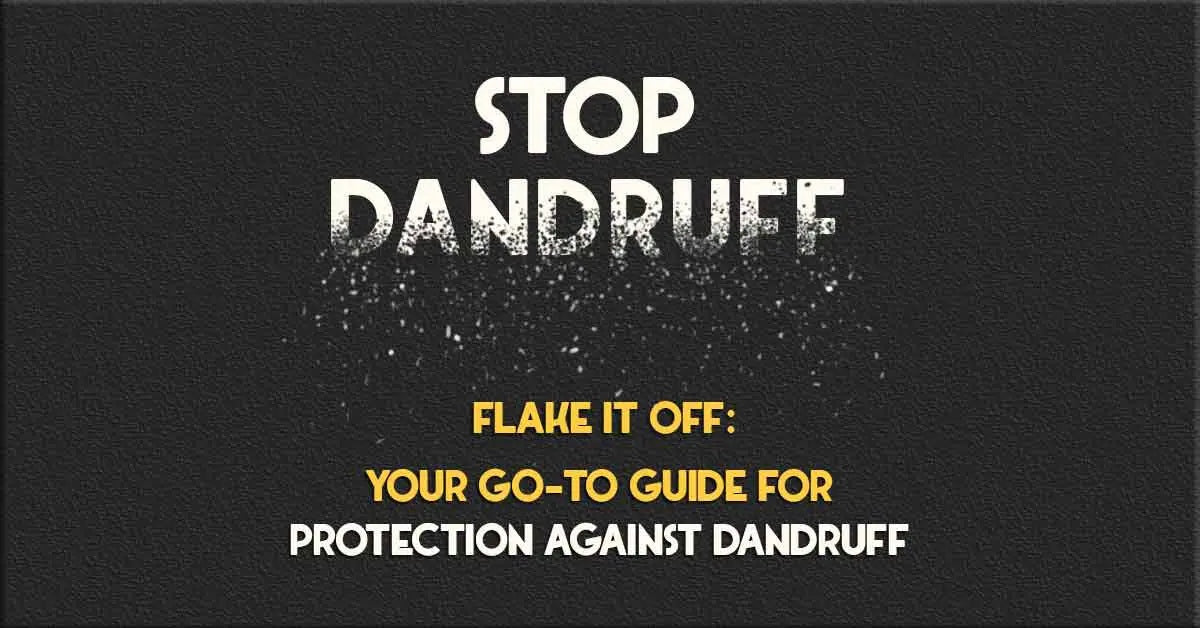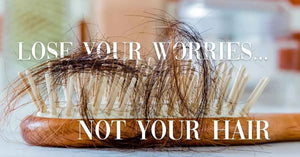Accessories are lovely but not the pesky kind, the white snowflakes that are responsible for ‘eww’ on your hair and clothes when you are about to head out. We are talking about dandruff, which is a condition when white or grey flakes, which is basically dead skin clumped together, shreds from the scalp. Even though dandruff is relatively harmless, it looks very unpleasant.
What if your dandruff is more severe, intensely itchy, or causes oozing or bleeding when you scratch at it? In that case, those are signs it may be due to a more severe condition, like eczema, psoriasis, or even contact dermatitis.
Though dandruff is mostly temporary and controllable, we need to understand what causes dandruff and the safe ways to have your own dandruff remedy at home.
1. Haircare Hygiene
Washing your hair regularly is essential to removing dead skin and excess oil from your scalp. Avoid washing your hair every day as it strips away essential oils and moisture from your scalp. Brush your hair using clean combs and brushes to promote scalp circulation as these may be packed with product residue that can make your hair dirty. Discontinue harsh shampoos as certain hair care products can trigger a red scaling scalp. Most importantly, avoid scratching the itch on your scalp.
2. Skin Conditions
If you have dry skin during the dry winter season, you would be more prone to dandruff as your skin is already peeling or scaly. Contact dermatitis is a reaction to something that’s either irritating to your skin or some product that you are allergic to. In either case, it typically causes a red rash that may itch and swell, causing a burning sensation.
Scalp psoriasis is another dandruff-like issue, but an autoimmune condition that results in thick, scaly, silvery patches of skin that can also itch and flake. When it’s on your scalp, it can cause dryness, itching, burning and sometimes even soreness. Another condition is eczema. The most common form of eczema – atopic dermatitis, causes dry and itchy patches of skin that can flake. We recommend you consult your doctor if you experience mild pain or redness on your scalp.
3. Environment Conditions
Major factors that cause dandruff are pollution, stress, and heat, causing excessive sweating, skin irritation, fungal infections on your scalp. Malassezia, a common yeast, already exists on everyone’s scalp and can thrive when you are stressed. It then amplifies dandruff on your hair. It is recommended to consume foods containing zinc, B vitamins, and the application of beneficial oils to decrease dandruff risk. There exist natural oils that can be of help such as Tea Tree Oil that has antimicrobial and anti-inflammatory properties. At the same time, coconut oil can also aid in skin hydration, reducing flaky and dry skin. Aloe Vera Gel has moisture-retaining properties that reduce flaky and dry skin. An omega-3 fatty acids deficient diet will lead you to become your dandruff itchy self. Salmon and walnuts are good food sources of omega-3 fatty acids. They provide several benefits such as regulating sebum production, reducing inflammation of your skin, and signs of aging.
Your hair’s health and bounce indicate the underlying scalp situation. Dandruff is more about the scalp than about hair. No matter how much you try, those nasty flakes are always visible to people around you. It is under your control to use effective natural remedies for dandruff while not being so rough on yourself. We believe in you, and we are ‘hair’ for you.



